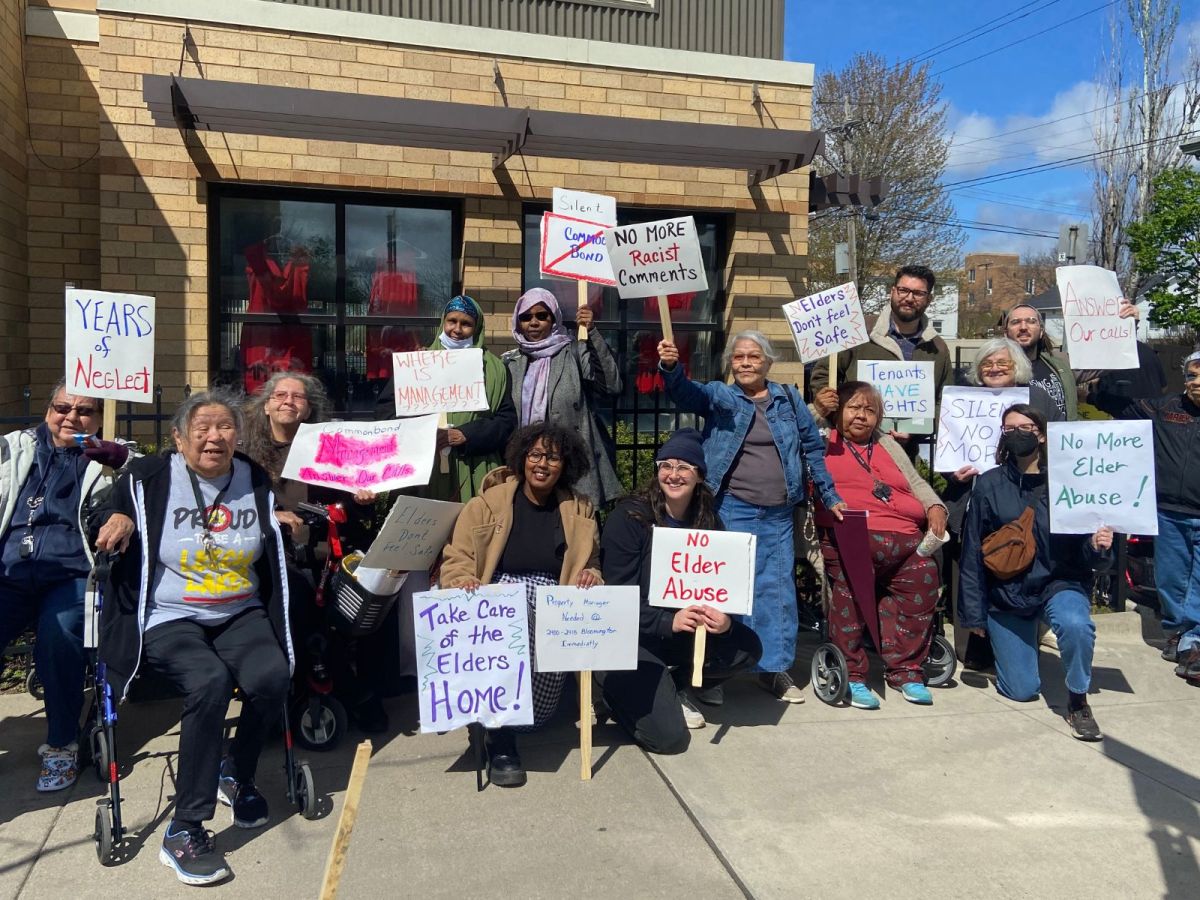Minneapolis Mayor Jacob Frey vetoed an ordinance Friday that the Minneapolis City Council passed a day earlier setting a minimum wage standard for Uber and Lyft drivers in the city.
Frey had pledged to veto the ordinance before it was passed Thursday on a 9-4 vote.
“There is a route to make sure drivers get more,” Frey said at a news conference announcing his veto.
Council members Robin Wonsley, Jason Chavez, Jamal Osman, Elliott Payne, Jeremiah Ellison, Katie Cashman, Andrea Jenkins, Aisha Chughtai, and Aurin Chowdhury voted for the ordinance.
Council members Michael Rainville, LeTrisha Vetaw, Emily Koski, and Linea Palmisano voted against the measure. Koski said prior to Friday that she might reconsider her stance if a vote becomes necessary to override a veto from Frey. At least nine council members are needed to overturn a mayoral veto.
The ordinance gives rideshare drivers a minimum compensation of $1.40 per mile and $0.51 per minute for the time transporting a rider, or $5, whichever is greater. The compensation rates apply only to the portion of a ride that occurs within city limits.
It would also set minimum compensation for rideshare drivers transporting a rider in a wheelchair-accessible vehicle at $1.81 per mile and $0.51 per minute, or $5, whichever is greater.
Frey vetoed a similar ordinance in August. The City Council, which had approved that measure 7-5, failed to override his veto last year.
The council could override Frey’s veto if it maintains the current 9-member support for the ordinance that passed Thursday.
Frey said he would call a special meeting on March 14 where the council would vote whether to override his veto.
Council members Wonsley and Osman said Thursday they were confident they could come up with enough votes to override the veto.
“We’re gonna overwrite whatever the Mayor throws up,” Osman said Thursday. “We’re gonna continue to stand up for our drivers.”
Before Thursday’s vote, Frey expressed support for “doubling” driver wages, but said he couldn’t support an ordinance that raises wages high enough that Uber and Lyft would leave the city. Both companies have threatened to cease operations in Minneapolis if the city passes rideshare ordinances.
“There’s a lot of reasons to increase the pay for drivers, and there’s a lot of reasons to keep this important service here in our city,” Frey said on his personal Instagram account.
Frey also issued a prepared statement Friday saying he was disappointed by the council’s vote.
“I support a rate of pay in line with the data provided in the statewide study released today,” Frey said in the statement, referring to a study commissioned by the state to guide legislators in crafting a bill on rideshare pay and benefits.
Lyft issued a statement Friday applauding Frey’s veto and reaffirming their threat to leave the city on May 1.
“Mayor Frey is right to veto this legislation, and we urge the Council to uphold his veto at their next meeting,” Lyft said in a statement.
Wonsley dismissed the threats and encouraged state lawmakers to use all the available data to help shape statewide legislation.
“I look forward to [the] council reasserting their solidarity with workers once again when we consider Frey’s veto at next Thursday’s special meeting,” Wonsley said Friday.
State report
The Minnesota Department of Labor and Industry issued a report Friday on rideshare company earnings statewide.
The study analyzed extensive data provided by Uber and Lyft on more than 18 million Minnesota trips and driver earnings for 2022. It also looked at surveys completed by 1,827 Minnesota rideshare drivers.
A key finding in the report is that the median hourly wage for drivers in the Twin Cities is $13.63 after factoring in the expenses they pay out of pocket for driving.
The median hourly pay in rural Minnesota is $8.12.
The study also found that more than 90% of drivers are male, and that foreign-born workers make up 61% of all drivers in Minnesota.
Lyft criticized the study in its statement Friday, and said the only thing in the report that is grounded in “reasonable” data is its conclusion that Minnesota rideshare drivers earn more than $52 per hour.
Lyft also questioned the credibility of the report’s authors, who were commissioned by the state.
“This study is dishonest, counterproductive and a disservice to the goal of meaningful policymaking,” Lyft said.






